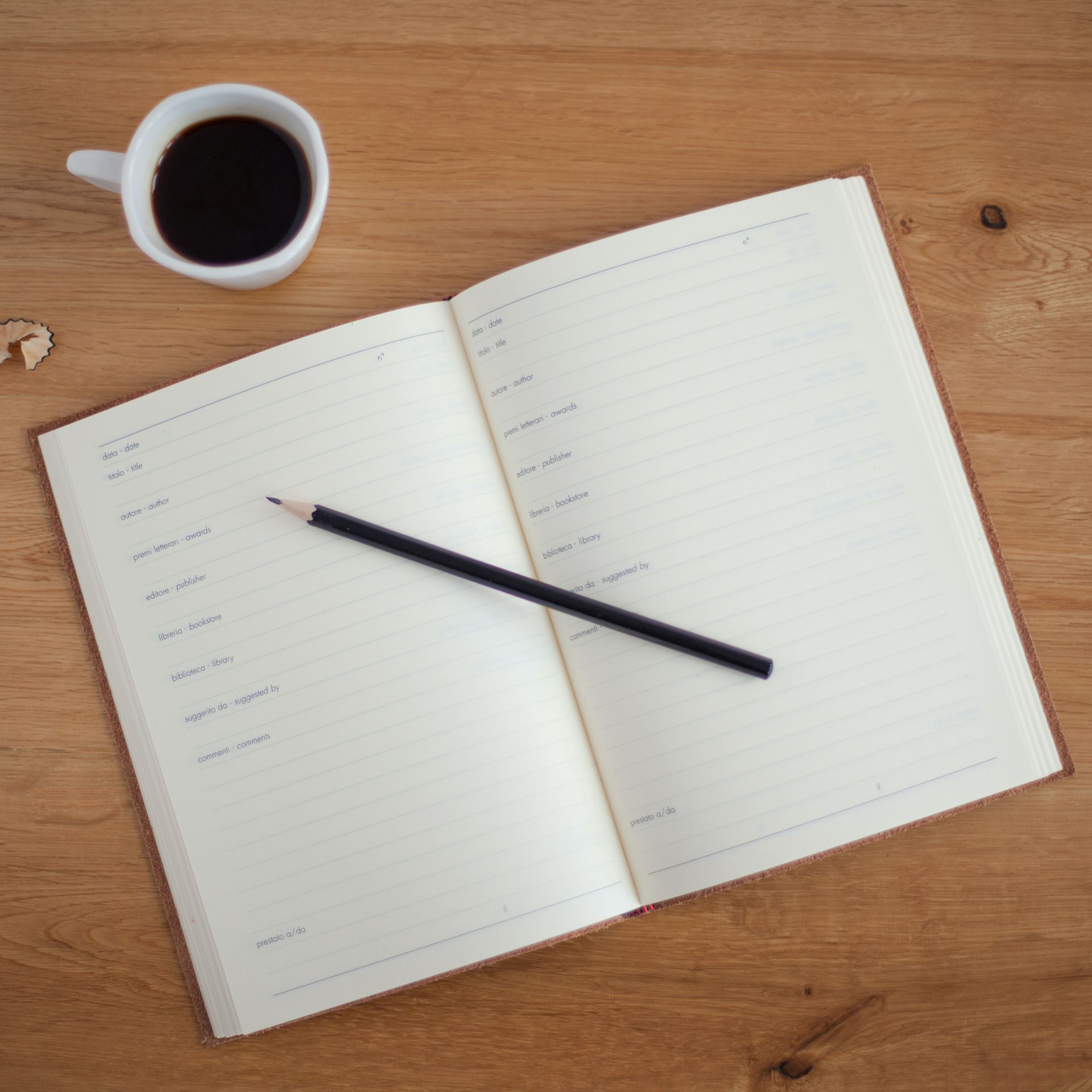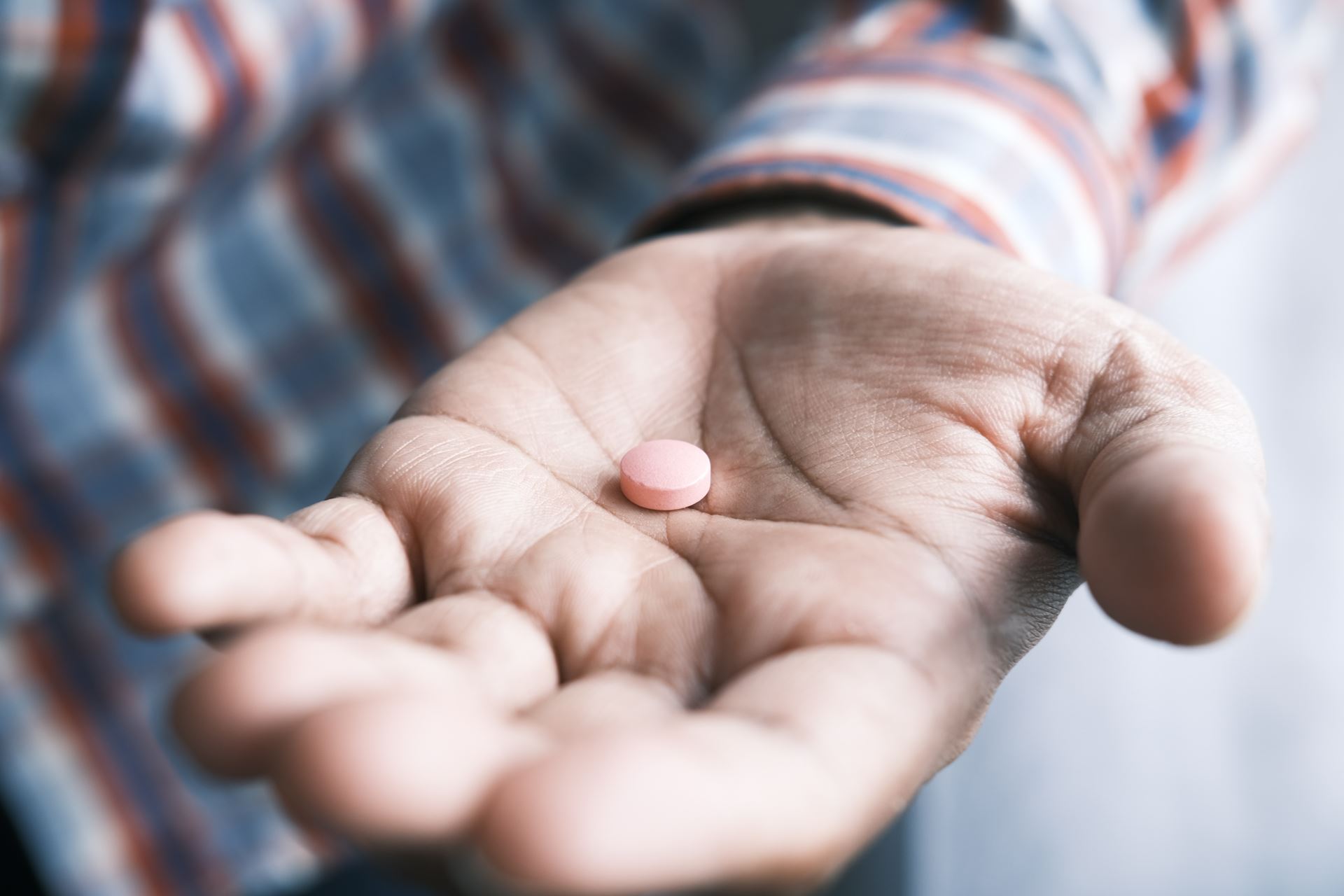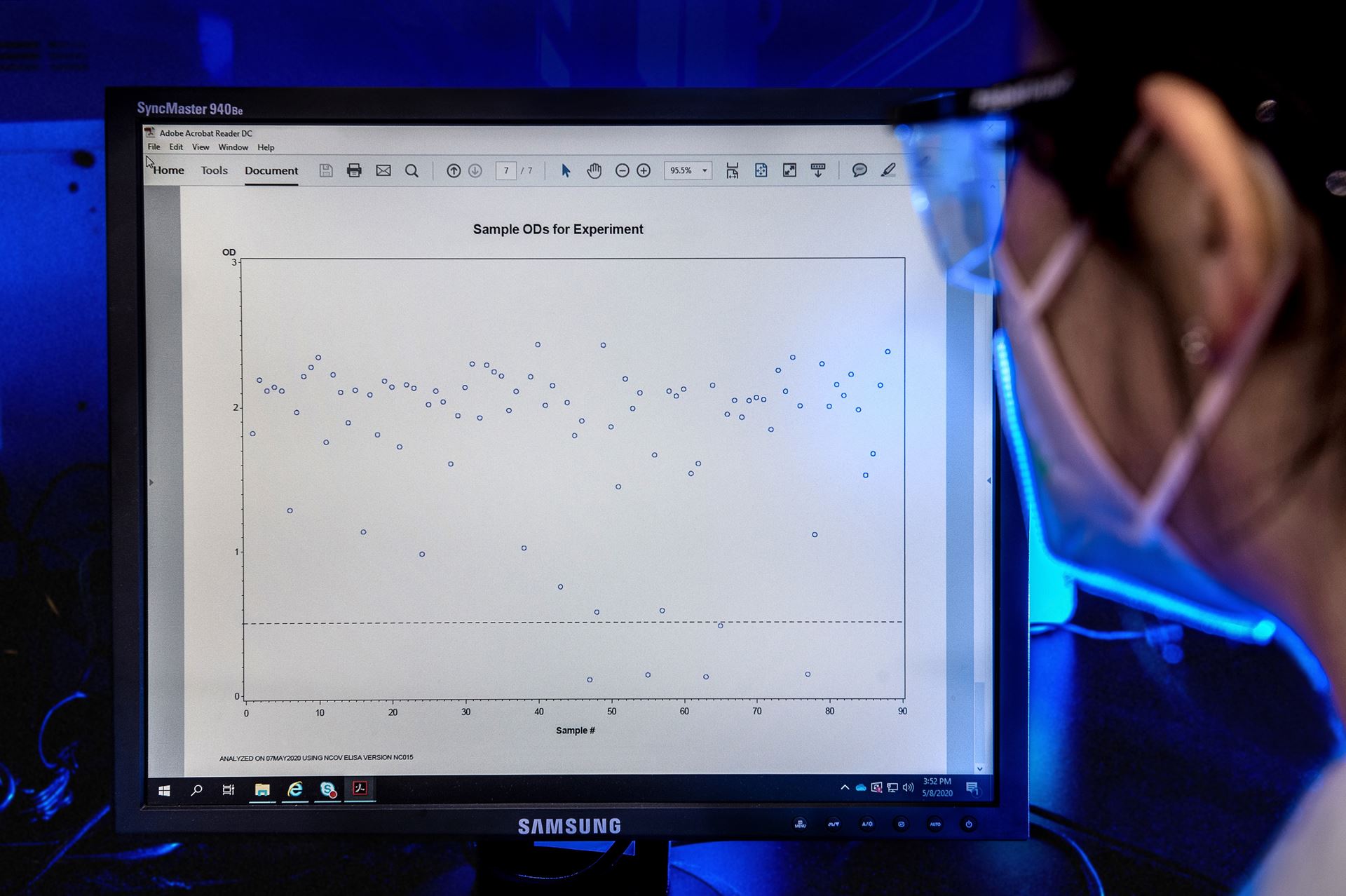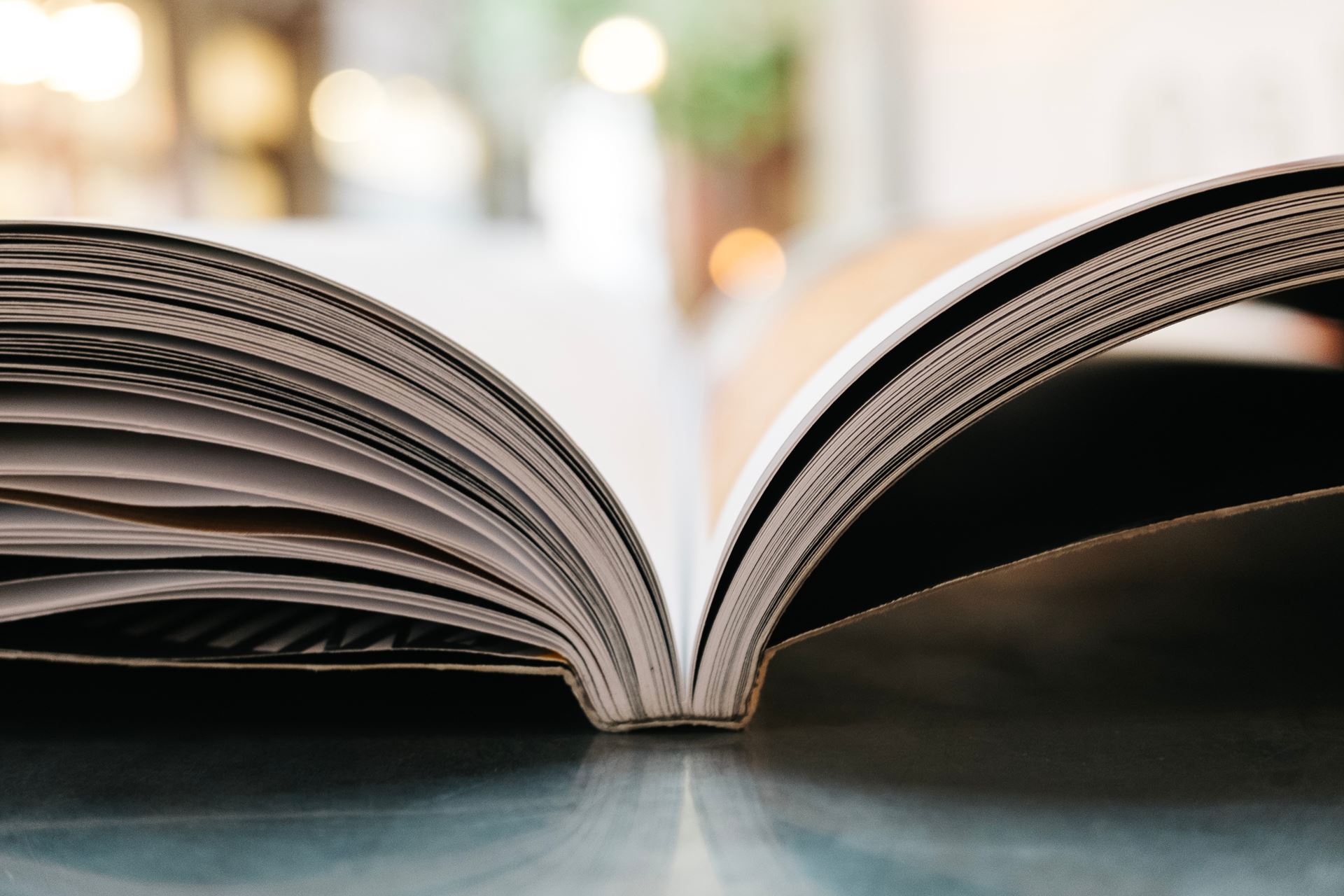FIT TO FLY
We are unable to issue letters/certificates stating patients are 'fit to fly'. Assessing whether someone can fly calls outside our area of expertise as General Practitioners (GPs).
Your hospital team will be better placed than us to inform your airline of some conditions. Pregnant women may be able to obtain the required paperwork from their obstetrician/midwife team.
The UK Civil Aviation Authority states:
'Most airlines have medical advisors who advise and clear passengers as fit to fly. The final decision on whether or not to carry a passenger is that of the airline.
For further information, please see the health pages on the UK Civil Aviation Authority website.

What is the Patient Participation Group or PPG?
A Patient Participation Group (PPG) is a group of people who are patients of the surgery and want to help it work as well as it can for patients, doctors and staff. The NHS requires every practice to have a PPG.
Joining Our PPG
You have been to the surgery as a patient, parent, carer or friend. Your experiences matter and you can bring different ideas to the surgery to help us treat patients better or to improve what we do in some way. You will also gain a better understanding of the NHS and gather feedback from other patients.
When Do We Meet?
We meet at the surgery, but not too often. We know that you are busy, so we meet only a few times per year and hope that you can join us.
I can’t get to meetings – how else can I be involved?
If you can’t make meetings then don’t worry – you can still be part of our ‘virtual group’ and assist the group by responding by e-mail.
Future Plans
To continue to build two-way communication between the practice, patients and the wider community.
Data Protection
The information you provide will be used by Duke Street Surgery to contact you about our health care services, activities and events.
Your details will only be used for this purpose and will not be shared with anyone else. The information you supply will be held securely and in accordance with Data Protection Act 2018. You can opt out of the PPG at any time by informing the Practice Manager and your details will be removed.
NHS- PHARMACY FIRST
The NHS have introduced a new service which is now available in local pharmacies.
Pharmacists can now offer advice to patients and supply NHS medicines where clinically appropriate (including some prescription only medicines), to treat 7 common health conditions,
These conditions include:
- Sinusitis
- Sore throat
- Earache
- Infected insect bites
- Impetigo
- Shingles
- Uncomplicated urinary infections in women aged between 16-64
If you are suffering with any of the above symptoms you can visit your local pharmacy for an assessment, advice and treatment (if it is deemed necessary) without the need to wait for a GP appointment.
You can also still ask your pharmacist for advice on minor ailments such as:
- Back-ache, sprains and strains
- Colds
- Conjunctivitis
- Coughs
- Diarrhoea
- Earache
- Haemorrhoids
- Hay fever
- Head lice
- Headache and fever
- Heartburn and indigestion
- Insect bites and stings
- Mild eczema and dermatitis
- Minor fungal and skin infections
- Mouth ulcers
- Nappy rash
- Sore throat
- Teething
- Threadworm
- Thrush
Page created: 13 February 2024






